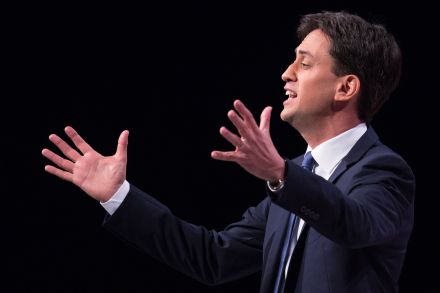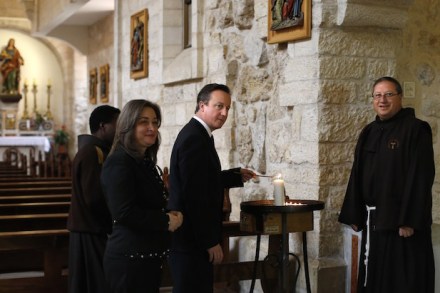Hampstead liberals can use their vote to fight radical Islam (and silence right-wing bores)
A few months ago I was in a pub on a quiet night and overheard a young couple having an argument about politics. They were both, I’m guessing, young white London liberals and although I couldn’t hear everything they were saying, the gist was this: he was arguing that Islamic violence was a particular problem and she was telling him that all religions were equally violent and that no faith could be singled out. At the end of the night he gave in and conceded that she was right and it was prejudiced of him to say otherwise because no faiths are more violent than any others etc etc. I



















